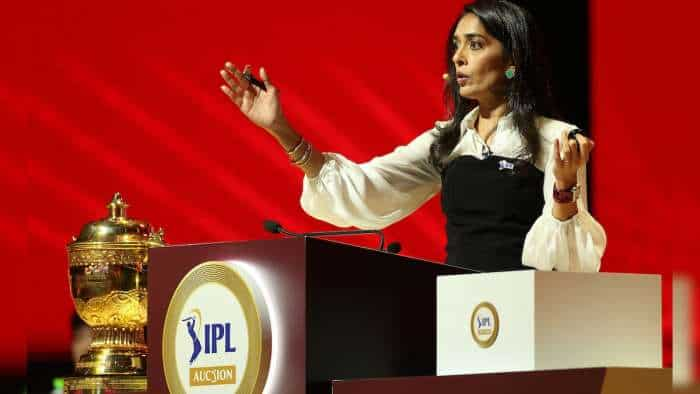RBI refuses to give reasons behind demonetisation
The monetary policy regulator also refused to give any details about the time it will take to replenish the currency notes.
Why were Rs 1000 and Rs 500 notes demonetised by the government? Fifty days after the government announced that these notes would cease to be legal tender, Reserve Bank of India feels that the reasons behind the sudden announcement cannot be made public.
The monetary policy regulator also refused to give any details about the time it will take to replenish the currency notes.
"The query is in the nature of seeking future date of an event which is not defined as information as per Section 2(f) of the RTI Act," RBI said in response to an RTI query.
The Bankers' Bank refused to disclose reasons behind the demonetisation of about Rs 20 lakh crore of currency in the country citing Section 8(1)(a) of the Right to Information Act.
The section states, "Information, disclosure of which would prejudicially affect the sovereignty and integrity of India, the security, strategic, scientific or economic interests of the State, relation with foreign State or lead to incitement of an offence."
Denying the information sought in the RTI application, the RBI did not give any reasons as to how exemption would apply in the given case as the decision was already taken and there was no way that disclosure of information would have fit in any of the reasons cited in section 8(1)(a) of the RTI Act.
"The clause of public interest would apply where exemption clause applies on the information sought by an applicant. In the present case, the information sought does not attract any exemption clause," former Central Information Commissioner Shailesh Gandhi told PTI.
He said law is very clear that when a public authority rejects to disclose an information it must give clear reasons as to how the exemption clause would apply in the given case.
Recently, it had refused to allow access to minutes of meetings held to decide on the issue of demonetisation of Rs 1000 and Rs 500 notes announced by Prime Minister Narendra Modi on November 8.
Responding to an RTI application filed by activist Venkatesh Nayak, the Banker's Bank refused to disclose the minutes of the crucial meetings of Central Board of Directors on the issue of demonetisation citing section 8(1)(a) of the transparency law.
Nayak said he will appeal against the decision, adding, while confidentiality prior to the making of the demonetisation decision is understandable, continued secrecy after the implementation of the decision is difficult to understand when crores of Indians are facing difficulties due to the shortage of cash in the economy.
He said the refusal to disclose the minutes of the board meeting where the decision was taken is perplexing to say the very least.
Former Information Commissioner Shailesh Gandhi also underlined that RBI has created an in-house "disclosure policy" which is against the letter and spirit of the RTI Act. Gandhi has also filed a complaint before Central Information Commission against RBI for adopting the policy.
Get Latest Business News, Stock Market Updates and Videos; Check your tax outgo through Income Tax Calculator and save money through our Personal Finance coverage. Check Business Breaking News Live on Zee Business Twitter and Facebook. Subscribe on YouTube.
RECOMMENDED STORIES

IPL Auction 2025 Free Live Streaming: When and where to watch Indian Premier League 2025 mega auction live online, on TV, Mobile Apps, and Laptop?

SIP vs PPF: How much corpus you can build in 15 years by investing Rs 1.5 lakh per year? Understand through calculations

SBI Senior Citizen Latest FD Rates: What senior citizens can get on Rs 7 lakh, Rs 14 lakh, and Rs 21 lakh investments in Amrit Vrishti, 1-, 3-, and 5-year fixed deposits
04:06 PM IST








 Rs 7,755 crore worth of withdrawn Rs 2,000 banknotes still in circulation
Rs 7,755 crore worth of withdrawn Rs 2,000 banknotes still in circulation 2,000-rupee note: A barrage of memes on social media as RBI presses 'exit' on 2,000 currency bill
2,000-rupee note: A barrage of memes on social media as RBI presses 'exit' on 2,000 currency bill Bye bye, Rs 2,000 banknote! 10 things to know about the bill that has been in circulation for 6 years
Bye bye, Rs 2,000 banknote! 10 things to know about the bill that has been in circulation for 6 years Finance Minister Nirmala Sitharaman says govt hasn't stopped banks from filling Rs 2000 notes in ATMs
Finance Minister Nirmala Sitharaman says govt hasn't stopped banks from filling Rs 2000 notes in ATMs Demonetisation in India: Timeline
Demonetisation in India: Timeline